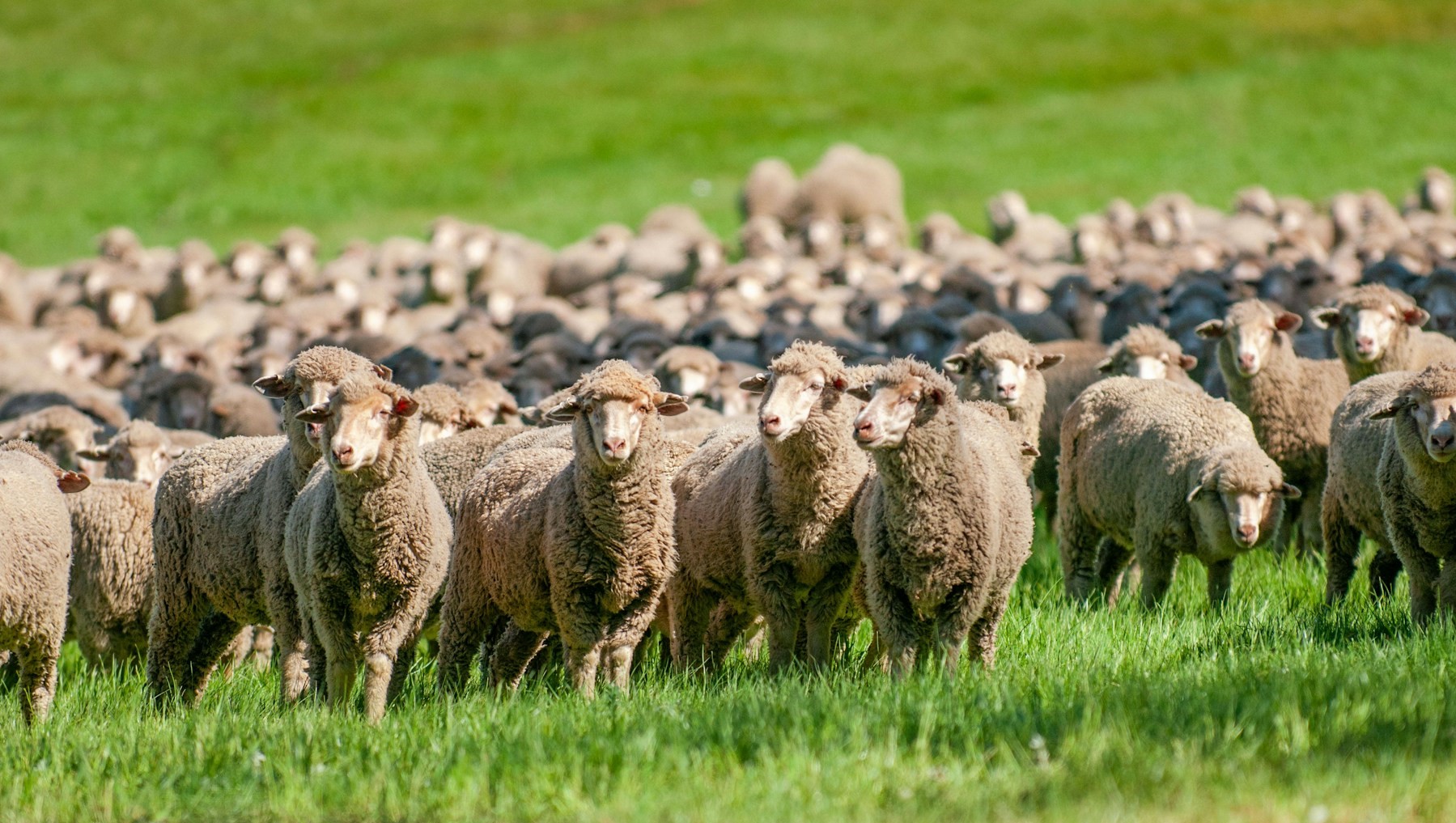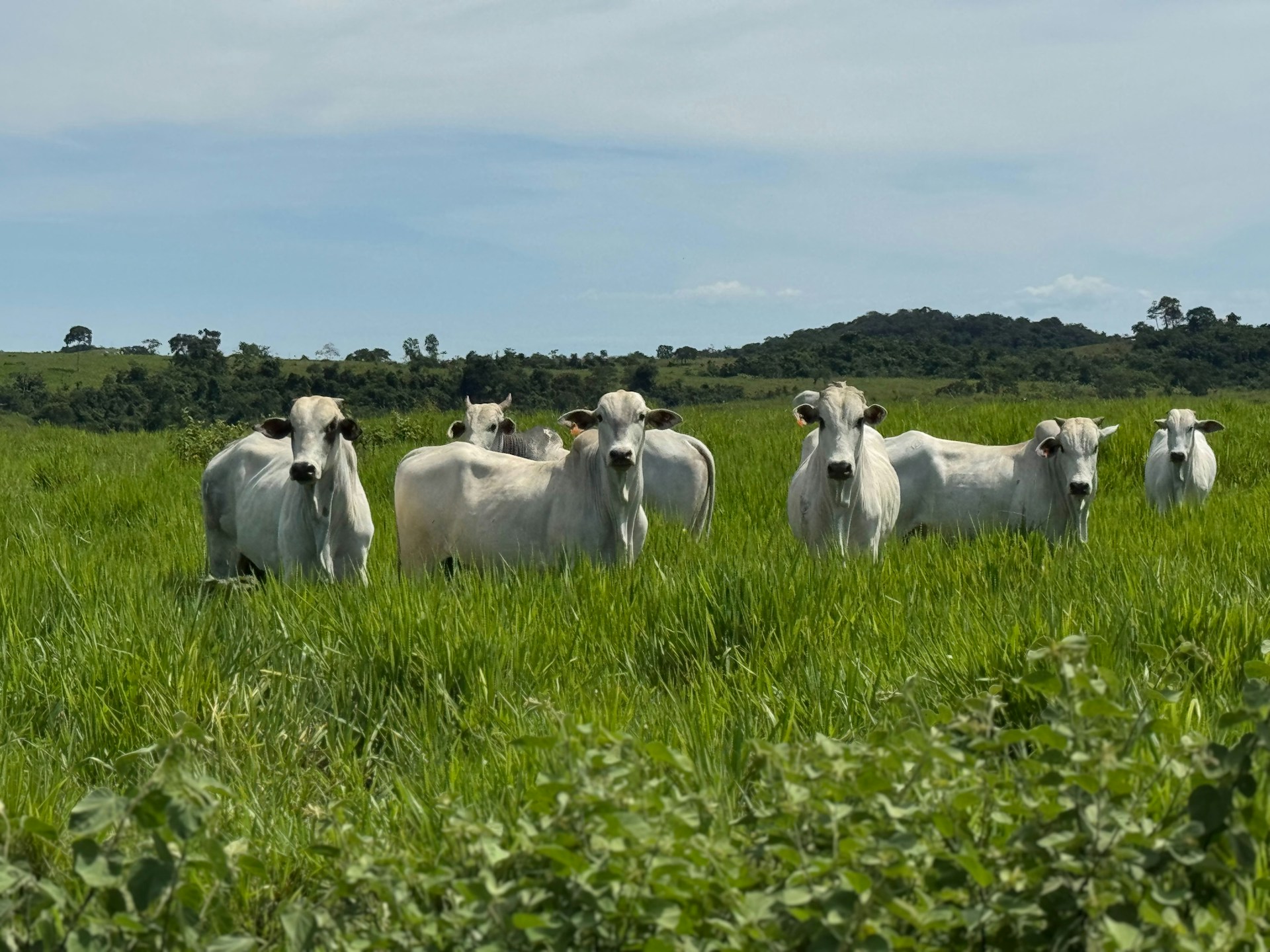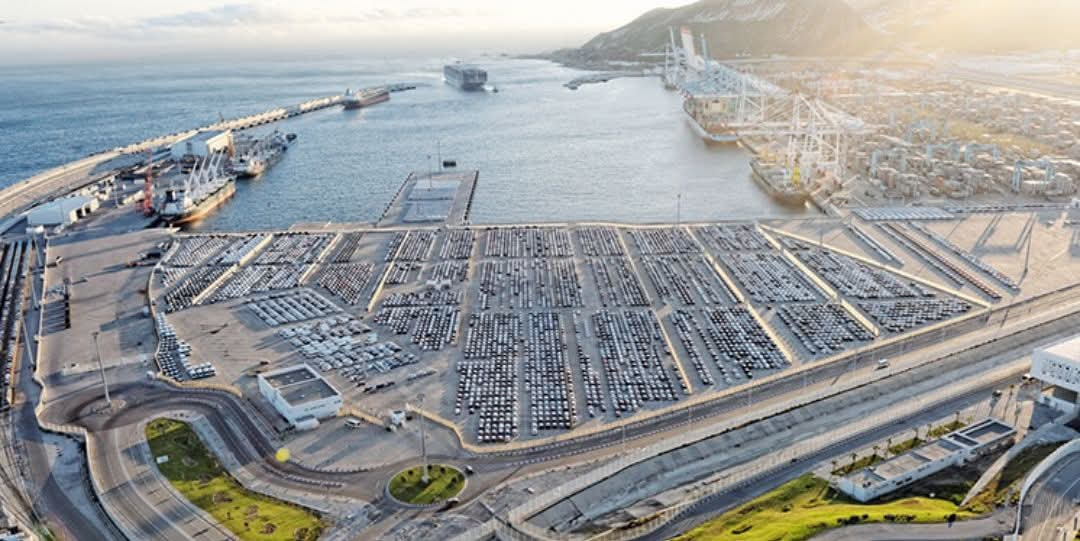Casablanca – In a strategic move to counteract the severe impacts of persistent drought, Morocco has signed a new agreement with the Australian Livestock Exporters’ Council (ALEC) to import Australian livestock. This collaboration is set to enhance Morocco’s local herds, which have been significantly strained due to adverse climatic conditions.
A response to agricultural challenges
For several years, Morocco has faced recurring droughts, which have led to a substantial reduction in forage resources and a subsequent decline in the local livestock population. This situation has exerted pressure on the agricultural sector, directly affecting meat and dairy production and contributing to market instability.
Recognizing the urgent need to stabilize the livestock sector, the Moroccan government has turned to Australia, a country renowned for its robust livestock market. This decision reflects Morocco’s proactive approach to diversifying its supply chains and ensuring food security in the face of climate change.
Why Australia?
Australia’s livestock sector is distinguished by its high standards in animal welfare and disease-free livestock, making it a preferred partner for Morocco. The newly signed protocol allows Morocco to import a substantial number of Australian sheep, known for their adaptability to harsh climates and high meat yield.
Mark Harvey-Sutton, CEO of ALEC, highlighted the significance of this partnership. “This agreement exemplifies the mutual benefits of international trade, meeting Morocco’s immediate livestock needs while opening new opportunities for Australian farmers,” he stated.
Economic and social implications
This partnership is expected to yield several benefits for Morocco:
- Market stabilization: The influx of Australian livestock is anticipated to mitigate price volatility in the Moroccan meat market, particularly during high-demand periods such as Ramadan and Eid al-Adha.
- Support for local farmers: Contrary to fears of market saturation, this measure aims to provide temporary relief to Moroccan farmers, enabling them to rebuild their herds without immediate pressure to meet market demands.
- Employment opportunities: The logistics and management of livestock imports will necessitate the development of additional infrastructure, potentially creating new job opportunities across various sectors.
Challenges and long-term strategy
Despite the apparent advantages, this move comes with challenges, including the high costs associated with maritime transportation and the need to ensure the smooth integration of Australian livestock into Morocco’s agricultural ecosystem.
Ahmed Al-Bouari, Morocco’s Minister of Agriculture, emphasized that the government is committed to closely monitoring the adaptation of Australian livestock to local conditions. He also assured that these imports would not detract from the long-term goal of strengthening Morocco’s own agricultural production capabilities.
A strategic step towards food security
This agreement is a testament to Morocco’s broader strategy to enhance its resilience against global food crises. While Australia represents a significant new partner, Morocco continues to explore diversified partnerships to secure its agricultural future.
By taking decisive steps to address immediate needs while planning for sustainable growth, Morocco reinforces its commitment to maintaining food security and supporting its agricultural sector in an increasingly unpredictable world.
















